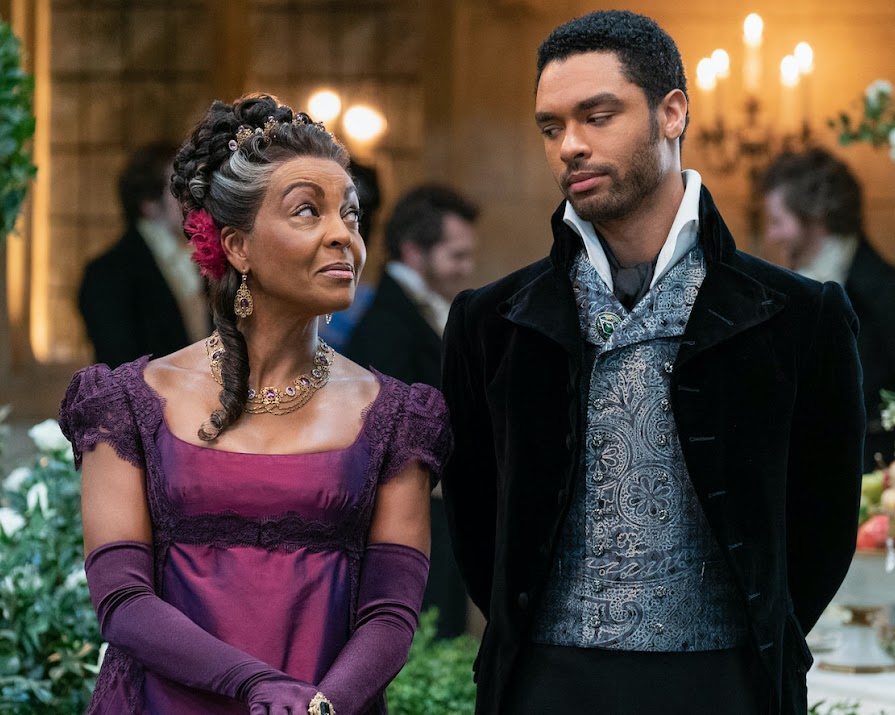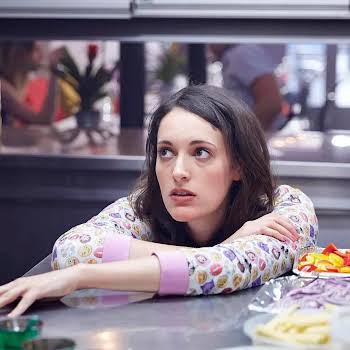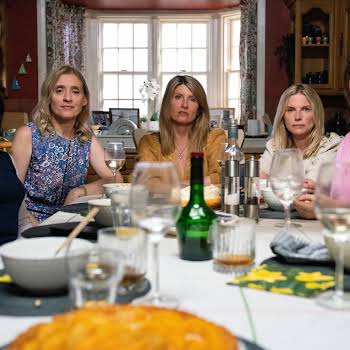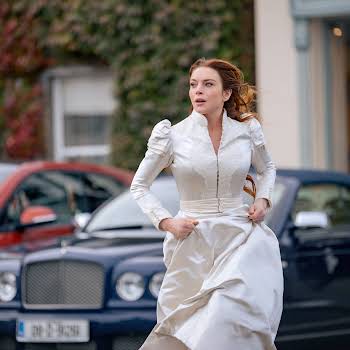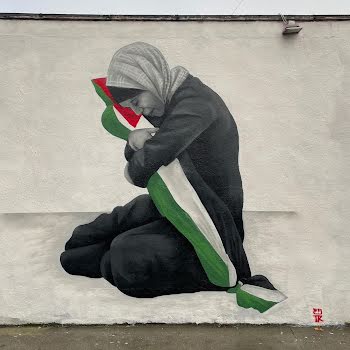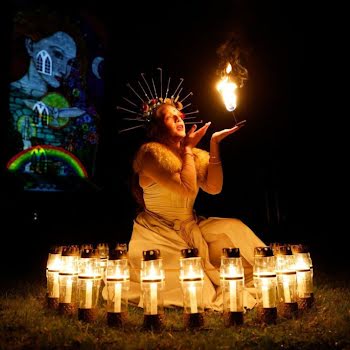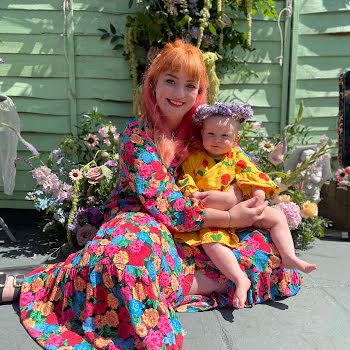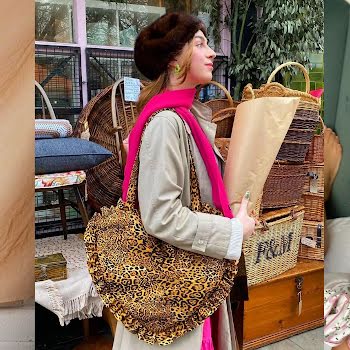
Why it’s wrong to talk about ‘blind casting’ when it comes to Netflix’s Bridgerton
By Jennifer McShane
09th Jan 2021
09th Jan 2021
It seems Hollywood is finally rethinking how it approaches casting, as the success of the inclusive Bridgerton shows. Its creators say that the casting was deliberately done in this way so that the label of ‘blind casting’ is an inaccurate one. Will a ripple effect follow? That remains the hope
Bridgerton is based on Julia Quinn’s beloved romance novel series of the same name, however, there are some stark differences between the Shonda Rhimes-produced drama and its source material. And one of the biggest is the fact that while Quinn’s books take place in the whitewashed reality of 19th-century England, whereas the hit Netflix series is a show filled with colour and race in all levels of its society.
The crucial change in these details is something we should expect no less of when it comes to a Shonda Rimes production, but the fact that it remains refreshing is a sign that it certainly isn’t quite the norm in Hollywood yet.
Casting actors whose skin colour and looks vastly differ from the literary or historical characters they portray onscreen is known as “colourblind casting” or “nontraditional casting.” The framework for inclusive casting really began in the world of staging period drama at the theatre. In Shakespeare’s day, men played women’s roles as women were not allowed to appear on stage. The genre evolved in later centuries to allow women to appear on stage, but the tradition of having actors who didn’t match the original descriptions remained.
The entire basis of Shakesphere in Love, the 1999 film which won both Gwyneth Paltrow and Dame Judi Dench Oscars, uses this as its plot. Paltrow’s character, a female, must dress up as a man to fulfil her dream of acting on stage.
A conscious choice

Golda Rosheuvel as Queen Charlotte
However, the creators of the series insist that they didn’t set out to do a ‘blind’ casting just to fill a quota; casting people of colour in the court – such as Queen Charlotte – was a conscious decision to reinterpret and retell history.
In a recent interview with The Times, Quinn affirmed that Bridgerton cast Golda Rosheuvel as Queen Charlotte and several other Black actors for a specific reason.
“It was very much a conscious choice, not a blind choice.”
“It made me wonder what that could have looked like,” showrunner Chris Van Dusen told The New York Times. “Could she have used her power to elevate other people of colour in society? Could she have given them titles and lands and dukedoms?”
“Many historians believe she [Queen Charlotte] had some African background,” Quinn added. “It’s a highly debated point and we can’t DNA test her so I don’t think there’ll ever be a definitive answer,” she explained.
The series goes further with its characters openly talking about race; it’s not enough that we see them, but that it is accepted wholly. The characters race is simply seen as it should be – as one of the many facets of their identity, while they still thrive in Regency society.
Redefining the Status Quo
Encompassing colour-blind and colour-conscious casting, inclusive casting can also mean offering parts written for men to women, for people of colour, while also ensuring that gay, transgender and disabled actors have opportunities to play people from their own communities and crucially, those outside of it.
Related: What Netflix’s the Politician is already getting right about disability
Ryan Murphy used inclusivity as a focal point in Netflix’s Hollywood. In the show, the director of a major ’40s motion picture (played by Darren Criss) rewrites his film to accommodate a black female lead (played by Laura Harrier). Originally titled Peg and based on the life of British actress Peg Entwistle, the project is renamed Meg and becomes a story about a girl from Mississippi looking for her big break. It becomes a box-office hit that transforms the industry, with a flurry of roles for women and people of colour.
Actor Elliot Page will do something similar when he continues to play his original character – a female – in The Umbrella Company, and a change in casting was noted and welcomed in 2019’s The Personal History of David Copperfield, Armando Iannucci’s reinterpretation of the Charles Dickens novel in which the titular hero is played by Dev Patel, a British actor with Indian heritage.
It’s small steps, but we’ve come a long way from say even 2014, when Downton Abby‘s executive producer, Gareth Neame insisted racial homogeneity was necessary for historical accuracy. “It’s not a multicultural time,” he said in an interview with Vulture. “We can’t suddenly start populating the show with people from all sorts of ethnicities. It wouldn’t be correct.”
Thankfully, in 2021, this is no longer the widespread view in the entertainment industry.
Main photo: Netflix
Read more: ‘Bridgerton’ and why we love grumpy men who hate everyone but us
Read more: WATCH: A behind the scenes look at the gorgeous costumes from Bridgerton











